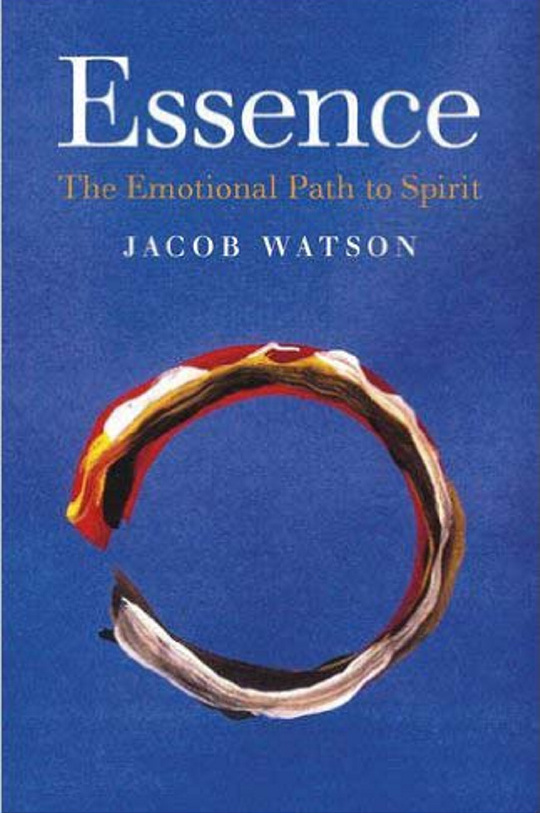More than a few Maine readers will recognize Jacob Watson’s name. He was a grief counselor at Portland’s Center for Grieving Children. He was an early advocate for compassionate treatment of AIDS victims and, among other accomplishments, an ordained interfaith minister who directed the Chaplaincy Institute of Maine for a decade.
“Essence: The Emotional Path to Spirit” is Watson’s guidebook to healing emotional wounds and embarking upon a spiritually satisfying life. It’s a reader-friendly book filled with heartfelt anecdotes from his long and well-lived life.
Watson’s description of conflict and resolution is highly relatable. Early in the book, for instance, Watson shows the poisonous nature of unresolved childhood grief due to situations such as parental disapproval or failure in school.
“If the natural feeling of grief is not expressed for weeks and years,” Watson writes, “it becomes distorted into blame, guilt, and shame. Distorted means that it becomes outsized and toxic.”
The experience is so universal, that readers may well find themselves ticking off one or more toxic experience of their own that’s not entirely resolved.
Watson’s solution? Begin by giving yourself permission to lament. In privacy, he suggests, “Let your grief come up and out… Allow yourself the ensuing calmness and peace.”
To rid oneself of anger and pent-up rage, the author suggests several stress-release exercises, one of which is ripping up phone books. He’s facilitated phone book and newspaper rip-ups at the Center for Grieving Children, at Kubler-Ross death and dying workshops in Maine, and in prisons where guards and inmates gather in a circle to vent rage by shredding.
As participants throw the torn telephone book or newspaper pages into the center of the circle, Watson describes a mood change among them. “A sense of relief rises… Faces look different. The mood is lighter.”
“Essence” is a two-part book linked in theme. Chapters 1-6 deal with casting away the “dark night of the soul,” as the author calls it. The second part covers the quest for essence or spirit, which Watson says is more obtainable once conflict is purged from one’s being.
Meditation, prayer and art — in particular the painting of Enso Circles derived from eastern religions — are among the exercises Watson recommends to further one’s path to spirituality. There is a lot more to his message, including the fact that fellowship enhances the journey toward awareness. Watson stresses finding community and delight in mutual discovery of spirituality.
With the bonus of delightful stories that Watson tells about his own experiences, “Essence” is a carefully crafted and appealing book that may well improve one’s outlook upon life.
Lloyd Ferriss is a writer and photographer who lives in Richmond.
Copy the Story LinkSend questions/comments to the editors.



Success. Please wait for the page to reload. If the page does not reload within 5 seconds, please refresh the page.
Enter your email and password to access comments.
Hi, to comment on stories you must . This profile is in addition to your subscription and website login.
Already have a commenting profile? .
Invalid username/password.
Please check your email to confirm and complete your registration.
Only subscribers are eligible to post comments. Please subscribe or login first for digital access. Here’s why.
Use the form below to reset your password. When you've submitted your account email, we will send an email with a reset code.